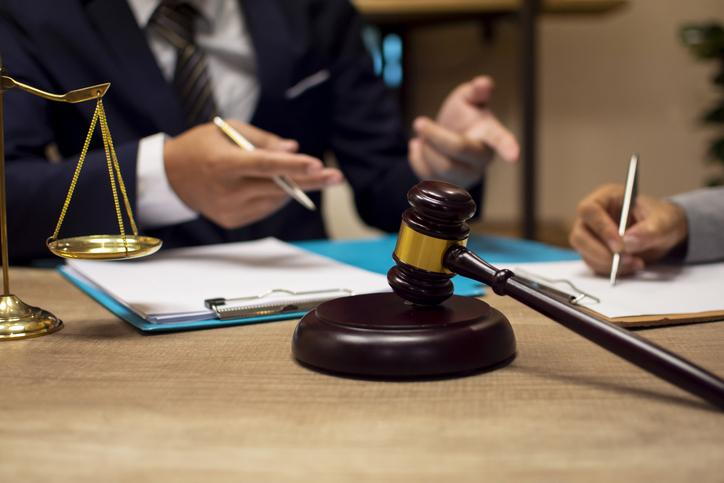
- posted: May 05, 2023
- Mediation
One of the most attractive features of mediation is the confidentiality it affords to the parties. Nobody outside of the mediation need know about the things discussed or the ultimate results. This privacy extends beyond the mediation to any court proceeding that may arise concerning the same parties or subject matter. In California, these privacy requirements reflect a public policy of encouraging the use of mediation as a valuable way of resolving disputes outside of court.
Mediation privacy is governed by California’s rules of evidence. A chapter of the Evidence Code prohibits use of information from a mediation in any court proceeding. The primary exclusions are these:
- Admissibility — Any statements or writings made in the course of mediation are not allowed into evidence in a subsequent court proceeding, either at trial or in discovery. This means that a party cannot demand copies of statements and writings made in mediation for use in litigation.
- Mediator testimony — Absent a waiver from all parties, a mediator cannot testify about anything said at a mediation proceeding, whether orally or in writing. The same rule applies to production of any reports, notes, opinions or other writings made by the mediator for the purposes of the mediation.
- Confidential communications — Communications in furtherance of a mediation must remain confidential. However, there is a difference between internal and external communications. Internal communications are those made between a party and the mediator. These internal statements cannot be disclosed to any other party. External communications are those made with the intention that they be transmitted to another party in the mediation. These external communications are not secret and may be used by other parties, subject to the other rules of mediation evidence.
- Settlements and settlement negotiations — Settlement offers and evidence presented in settlement negotiations cannot be used in subsequent proceedings to prove liability. This is a general rule of evidence that also applies to mediation.
However, there is a major exception to these confidentiality requirements, known as the “otherwise admissible” rule. Evidence made or collected outside of mediation that is admissible in court is not rendered inadmissible by virtue of its subsequent use in mediation. In other words, using otherwise admissible evidence in mediation does not make that evidence confidential.
Quinn & Kronlund LLP of Stockton, California is one of the premier alternative dispute resolution firms in the northern region of the state. Our attorneys provide effective, prompt and efficient mediation services in a wide variety of complex matters. If you have a need for top notch mediators to resolve a difficult dispute, feel free to contact us online or call 209-943-3950 for an initial consultation.

